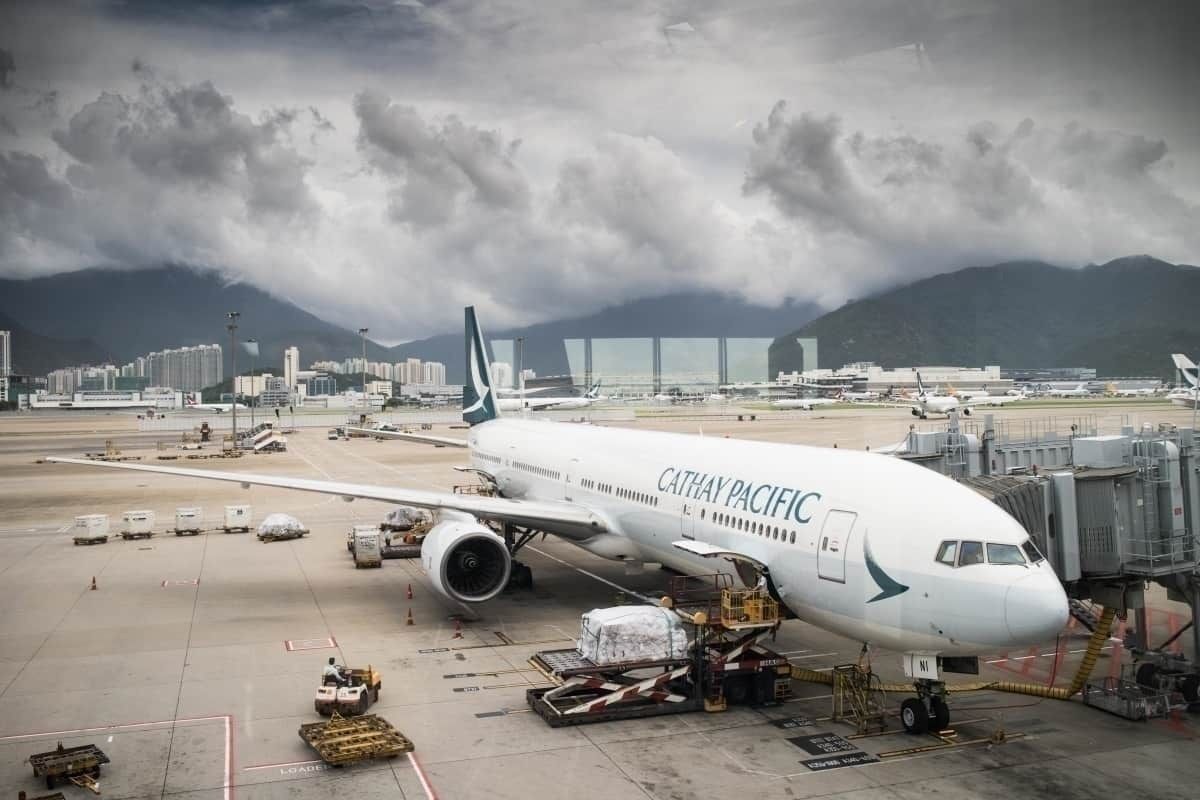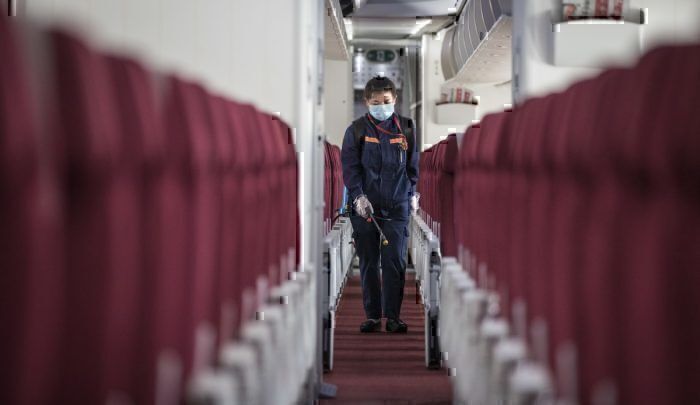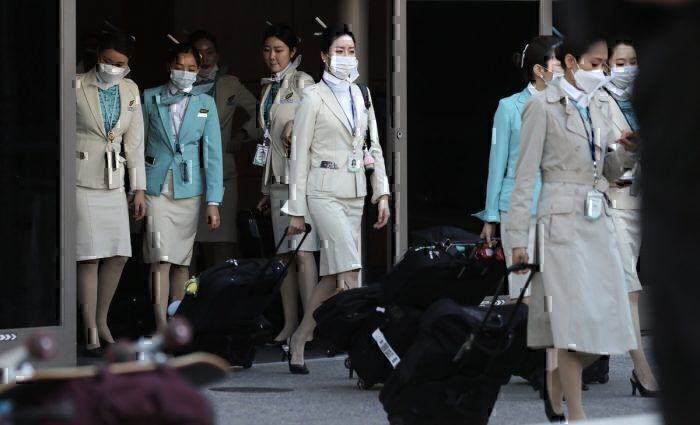The coronavirus outbreak has triggered a surge of cabin cleaning frenzy among airlines. With measures inspired in equal amounts by public safety and self-preservation, they are now turning to hospital-grade disinfectants to kill any lingering viral particles.
Hospital-grade disinfectants
Airlines are taking extra precautions to make sure travelers will not be exposed to the coronavirus on flights. The standard cleaning procedures have been upgraded and airlines are now using products capable of stopping STDs and the MRSA superbug.
Particularly powerful disinfectants have been used by Qantas, Korean Air, and Singapore Airlines on the planes used to evacuate people from the Chinese city of Wuhan, and from the Diamond Princess cruise ship after its quarantine in Yokohama, Japan.
The Qantas Boeing 747 that was used for the evacuation flights was cleaned for 36 hours, using a substance called Viraclean. Pillows, blankets, and headphones were all tossed out, and all the cabin surfaces sprayed with the disinfectant twice, and then wiped down again for good measure. The plane’s air filters, similar to those used in surgical theatres, were also replaced.
Korean Air favored a cleaning solution known as MD-125, which is said to knock out 142 bacteria and viruses, including salmonella, avian flu, and measles.
Cathay Pacific, of course, flying in and out of Hong Kong, is cleaning and disinfecting cabins, seats, galleys, and washrooms after every flight. This includes IFE screens, tray tables, baby bassinets, and armrests. The airline has seen half of its fleet parked due to the virus outbreak.
Fogging and taking planes out of service
Singapore Airlines also disinfects surfaces on all flights from Hong Kong and mainland China. Furthermore, they implement a measure known as “fogging” on all flights arriving from these destinations. During this process, a team of two or three staff fogs the cabin with a chemical named Calla 1452, which has been proven effective against avian flu, the H1N1 virus, and SARS.
Delta Air Lines is also fogging the cabins of all incoming flights from Asia and Italy with an undisclosed “EPA-registered disinfectant on all flights which is rated to combat many communicable diseases” It plans to expand the use of the technique to all flights arriving from countries where the coronavirus is present.
Its fellow US carrier United Airlines is using an upgraded cleaning process on all international flights that was implemented during the Ebola outbreak in 2014. Every hard surface that has been touched by a passenger is wiped down with disinfectant after every international flight. Also, any plane that has carried a person infected with the coronavirus is taken out of service for complete sterilization, a spokesperson from the airline said to the Los Angeles Times.
IATA guidelines for the coronavirus
IATA has produced a document with guidelines for airlines on how to prevent the spread of the coronavirus. These detail how every surface of the aircraft should be cleaned for stopover times under and over an hour, as well as for stops overnight.
They also include other directives for the aircraft’s crew. For example, temperature screening passengers with a non-contact infrared thermometer to detect anyone with fever, protective equipment for crew members, and onboard emergency quarantine measures.
Have you noticed cleaner than usual aircraft? Do you think enough is being done? Let us know in the comments.



